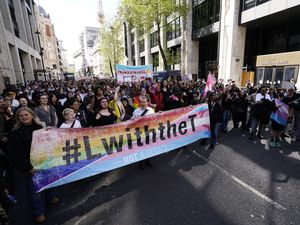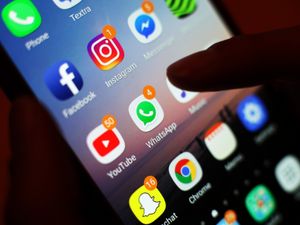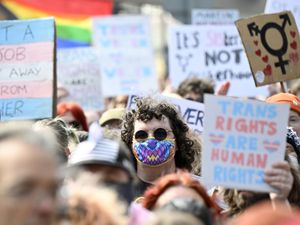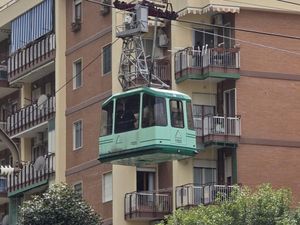Key revelations from leak of Hancock WhatsApps
The messages shed light on government decision-making around Covid testing, school closures and care homes.
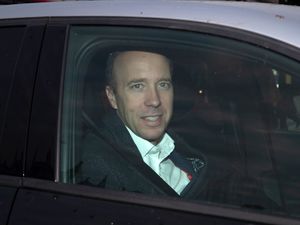
A leaked trove of 100,000 WhatsApp messages linked to Matt Hancock’s time as health secretary has given a glimpse into the working of government at the height of the coronavirus crisis.
Mr Hancock gave the messages to journalist Isabel Oakeshott as they collaborated on his memoirs, and she subsequently handed them to the Daily Telegraph, which has published a series of stories based on the correspondence with fellow ministers and officials.
The MP is battling claims made in the newspaper’s investigation, with his allies saying the WhatsApps provide only a selective and misleading insight into ministers’ decision-making at the time.
Here are some of the key revelations from the “lockdown files” investigation:
– Claims that Mr Hancock did not follow advice from chief medical officer Professor Sir Chris Whitty in April 2020 to test all residents going into English care homes. The then-health secretary told aide the move just “muddies the waters”, and introduced mandatory testing only for those coming from hospitals. Allies of Mr Hancock said a lack of testing capacity meant it was not possible to check everyone entering a care home.
– An adviser to Mr Hancock helped courier a test to senior Tory Jacob Rees-Mogg’s home for one of his children in September 2020 while there was a shortage.
– Mr Hancock told former chancellor George Osborne, then-editor of the Evening Standard, “I WANT TO HIT MY TARGET!” as he pushed for favourable front-page coverage.
– Mr Hancock allegedly met his 100,000-tests-a-day target by counting kits that were despatched before the deadline but might never be processed.
– Social care minister Helen Whately told Mr Hancock the testing system was “definitely working” after she managed to secure a test “just” 50 miles from where she lived.
– Ms Whately also appeared to warn Mr Hancock in October 2020 that restrictions on care home visits were “inhumane” – but the rules remained in place for months.
– Also in October 2020, Ms Whately argued there was no “robust rationale” for including children under 12 in the rule of six, but they were not exempted until April 2021.
– Mr Hancock was involved in a bitter behind-the-scenes clash with then-education secretary Sir Gavin Williamson over whether to close schools in January 2021. The then-health secretary privately launched a “rearguard action” to ensure schools would not open widely which involved contacting the No 10 chief of staff. He got his way as schools closed days later amid a national lockdown.
– Sir Gavin appeared to accuse teachers of looking for an “excuse” not to work during the pandemic. When Mr Hancock wrote to him that teaching unions were “absolute arses”, the then-education secretary replied: “I know they really really do just hate work.”
– Then-prime minister Boris Johnson was concerned he would be criticised for “blinking too soon” on ordering a second national lockdown in November 2020 after apparently being warned by a scientist that the decision was based on out-of-date data.

